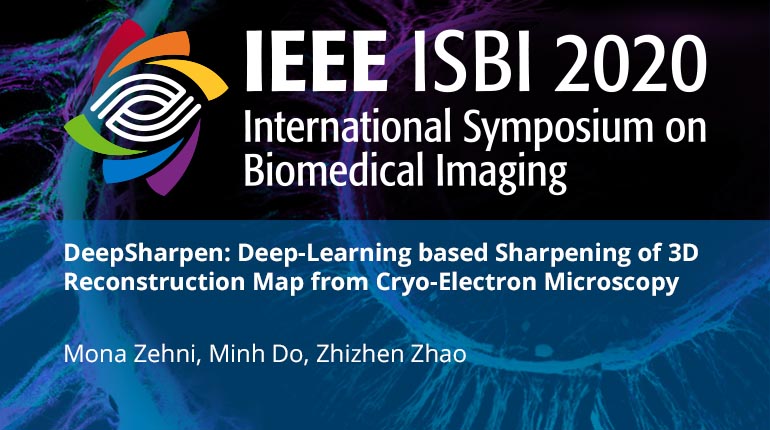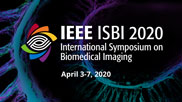Collection:

Cryo-electron microscopy (cryo-EM) has proven to be a promising tool for recovering the 3D structure of biological macromolecules. The cryo-EM map which is reconstructed from a large set of projection images, is then used for recovering the atomic model of the molecule. The accuracy of the fitted atomic model depends on the quality of the cryo-EM map. Due to current limitations during imaging or reconstruction process, the reconstructed map usually lacks interpretability and require further quality enhancement post-processing. In this work, we present a data-driven solution to improve the quality of low-resolution cryo-EM maps. For this purpose, we generate and make publicly available a dataset generated from deposited protein structures in protein data bank (PDB). This dataset includes low and high-resolution map pairs in multiple resolutions. We also provide our implementation for generating the dataset, to further accommodate the generation of variations of the dataset benefiting a wide range of problems in cryo-EM. Our results justify the potential of our method in successfully recovering details for simulated and experimental density maps. Furthermore, compared to state-of-the-art cryo-EM map sharpening methods, our approach not only provides good results but is also computationally efficient.
- IEEE MemberUS $11.00
- Society MemberUS $0.00
- IEEE Student MemberUS $11.00
- Non-IEEE MemberUS $15.00
Videos in this product
DeepSharpen: Deep-Learning based Sharpening of 3D Reconstruction Map from Cryo-Electron Microscopy
Cryo-electron microscopy (cryo-EM) has proven to be a promising tool for recovering the 3D structure of biological macromolecules. The cryo-EM map which is reconstructed from a large set of projection images, is then used for recovering the atomic model of the molecule. The accuracy of the fitted atomic model depends on the quality of the cryo-EM map. Due to current limitations during imaging or reconstruction process, the reconstructed map usually lacks interpretability and require further quality enhancement post-processing. In this work, we present a data-driven solution to improve the quality of low-resolution cryo-EM maps. For this purpose, we generate and make publicly available a dataset generated from deposited protein structures in protein data bank (PDB). This dataset includes low and high-resolution map pairs in multiple resolutions. We also provide our implementation for generating the dataset, to further accommodate the generation of variations of the dataset benefiting a wide range of problems in cryo-EM. Our results justify the potential of our method in successfully recovering details for simulated and experimental density maps. Furthermore, compared to state-of-the-art cryo-EM map sharpening methods, our approach not only provides good results but is also computationally efficient.
 Cart
Cart Create Account
Create Account Sign In
Sign In
